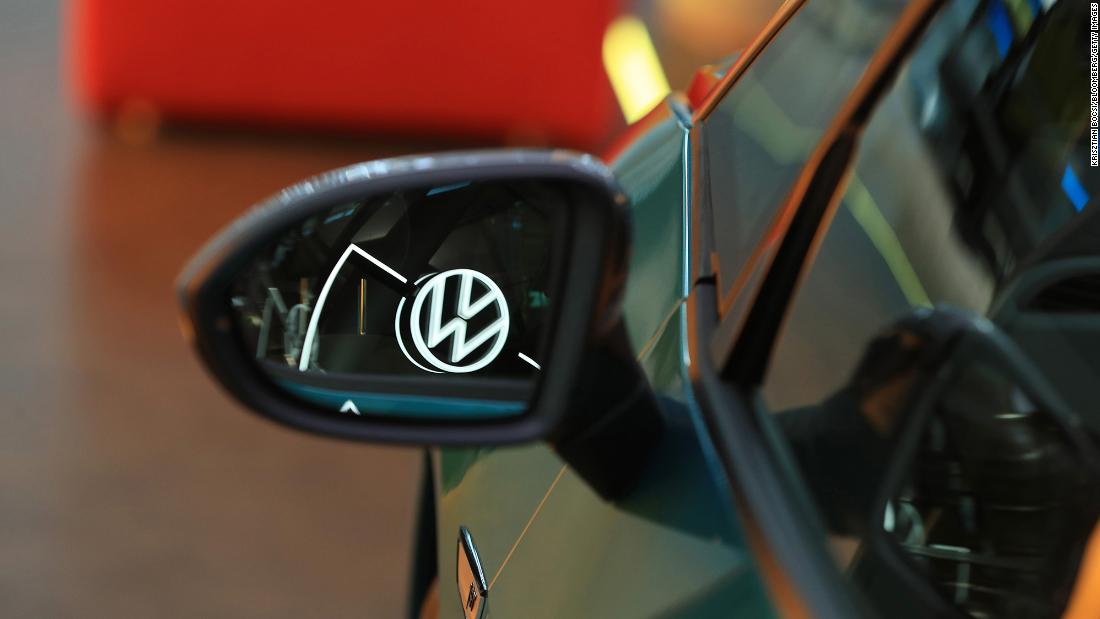Europe’s biggest carmaker said in a statement on Tuesday that “vertical mobility” could be the next step after autonomous driving technology. “Therefore, we are investigating potential concepts and partners in a feasibility study [in China] identify the possibility of industrializing this approach “, he added.
China is the largest car market in the world and also Volkswagen’s largest individual customer. The news comes as the German carmaker gives electric cars a big boost. It delivered more than three times the volume of battery-powered electric vehicles last year than in 2019, while deliveries of plug-in hybrids increased 175% to 190,500 units.
But “vertical mobility” presents many more obstacles than electric mobility, including safety and reliability. Flying vehicles would need to operate in a crowded airspace, close to small drones and traditional planes, and would also need a regulatory framework, which could take years.
In an interview posted on LinkedIn on Tuesday, Volkswagen China chief Stephan Wöllenstein told Volkswagen president Herbert Diess that the company also plans to develop a drone that could be licensed, which would help it participate in the future individual mobility market “which is taking place on the air and not on the streets.”
Volkswagen joins a growing list of companies that explore the potential of flying vehicles. At the Consumer Electronics Show in Las Vegas last month, Uber (UBER) and Hyundai (HYMTF) revealed plans for an electric flying taxi.
Meanwhile, companies like Porsche (POAHF), Daimler (DDAIF) and Toyota (TM) They all supported startups in what is known as the vertical electric takeoff and landing industry (eVTOL).
In September, the Japanese company Sky Drive Inc. conducted the first public demonstration of a flying vehicle in Japan. And the German Lilium, which is also developing an eVTOL aircraft, announced in November its first hub in the United States near Orlando, Florida.
—- Matt McFarland contributed reportingg.
